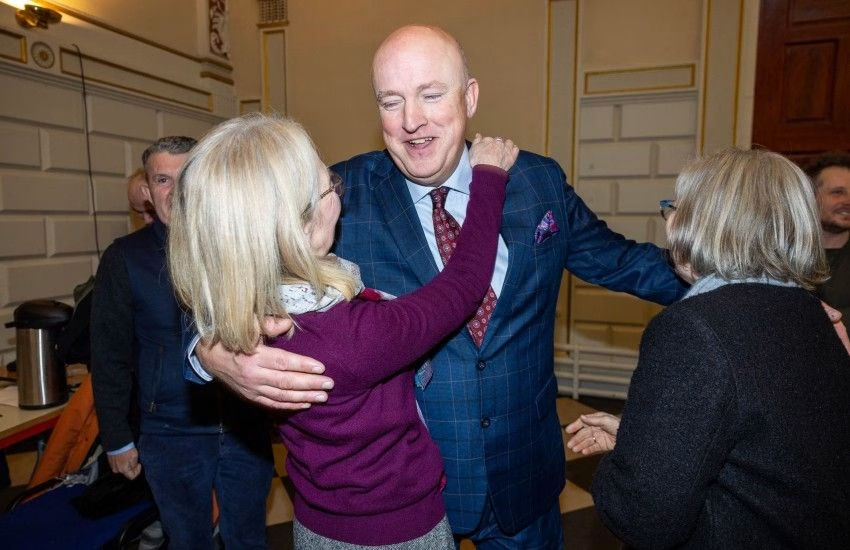
In January 2025, Trinity College Dublin marked a historic milestone as it hosted the last university constituency election for the Seanad Éireann, Ireland’s upper legislative chamber. This event underscores the evolving landscape of Irish political representation and highlights the longstanding contributions of the University of Dublin to national governance. For students, academics, and political enthusiasts, understanding the implications of this final election provides valuable insights into Irish politics and the role universities play in shaping policy.
Understanding the Seanad Éireann and Its University Constituency
The Seanad Éireann functions as the upper house of the Irish Parliament, playing a vital role in reviewing legislation and representing diverse sectors of Irish society. Historically, one of its unique features has been the university constituency, which allows graduates of recognized higher education institutions, notably Trinity College Dublin and University College Dublin, to participate directly in electing senators. This system emphasizes the importance of academic synergy and ensures that higher education institutions have a voice at the national level.
The Significance of the 2025 Seanad Election at Trinity College Dublin
The 2025 election was particularly noteworthy as it marked the final time graduates of the University of Dublin—comprising Trinity College Dublin and University College Dublin—would elect senators directly. From 2026 onward, the franchise expands to include all Irish graduates of higher education institutions holding Irish citizenship, increasing both the representation and diversity of university staff and alumni in the legislative process.
This transition reflects efforts by Irish policymakers to democratize and broaden participation, ensuring a more inclusive approach to political representation. The incumbents Lynn Ruane and Tom Clonan, along with newly elected Aubrey McCarthy, exemplify the university’s ongoing influence in shaping Irish public life.
Electoral Outcomes and Notable Candidates
The election saw 16 candidates contesting for three seats, with the votes tallied through a counting process that spanned multiple rounds. Lynn Ruane secured her seat with 4,806 votes, while Tom Clonan achieved 4,938 votes, and Aubrey McCarthy was elected with 3,770 votes after the final count. These candidates brought diverse backgrounds, from advocacy and journalism to military service and academia, reflecting the varied interests of university graduates.
It’s worth noting that the election results reaffirm Trinity College Dublin’s tradition of producing influential figures in Irish politics. Lynn Ruane, first elected in 2016, continues to advocate for social justice, while Tom Clonan’s military and academic background bridge the gap between security issues and education. Aubrey McCarthy’s election signifies the new wave of graduates ready to influence Irish legislative processes.
Impacts on Irish Politics and Future Representation
The transition from a university-based system to a broader higher education constituency aims to make Irish political representation more reflective of the entire graduate population. The 2025 election symbolizes a closing chapter for the traditional university constituency—an era that has contributed significantly to Irish political discourse since the 1930s.
From 2026, the six senators representing higher education will be elected by a larger, more diverse electorate, which includes graduates from a wider array of Irish universities and institutions. This change intends to enhance the quality of representation, integrate new perspectives, and increase engagement from the academic community in policymaking.
What This Means for Students and Graduates
For current students and recent graduates, the upcoming elections and the reforms that accompany them offer opportunities for active participation in Irish politics. Engaging with university associations, staying informed about legislative reforms, and casting informed votes become essential parts of contributing to the democratic process.
Higher education institutions like Trinity College Dublin have historically been breeding grounds for leaders who influence public policy. The evolving electoral framework promises to further empower alumni and graduates, integrating their voices into the national legislative system.
Thinking About Studying at Trinity College Dublin?
Fill out the form to receive personalized guidance from a Studygram expert counselor. You’ll get support with choosing the right program, understanding admission requirements, preparing documents, and completing the application process smoothly. Start your journey at Trinity College Dublin with confidence and expert support.

